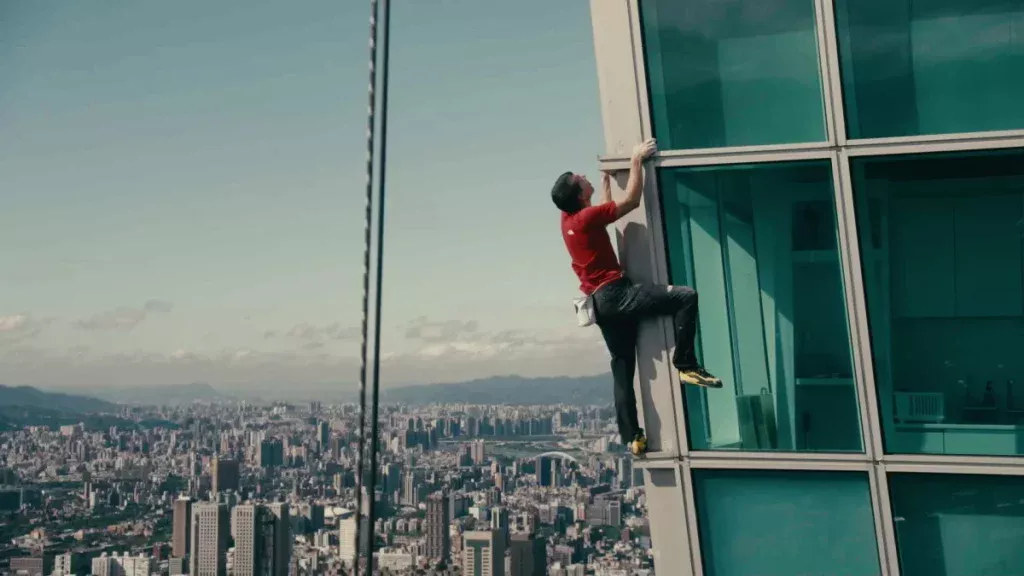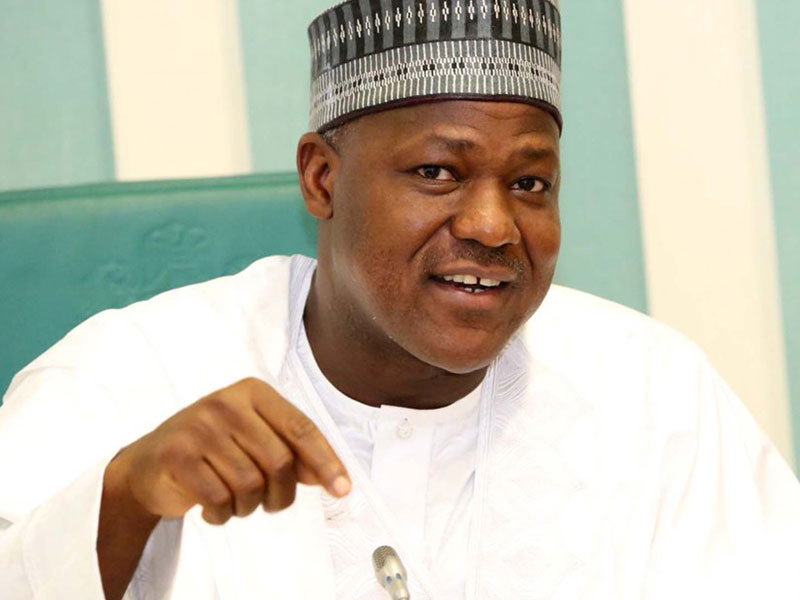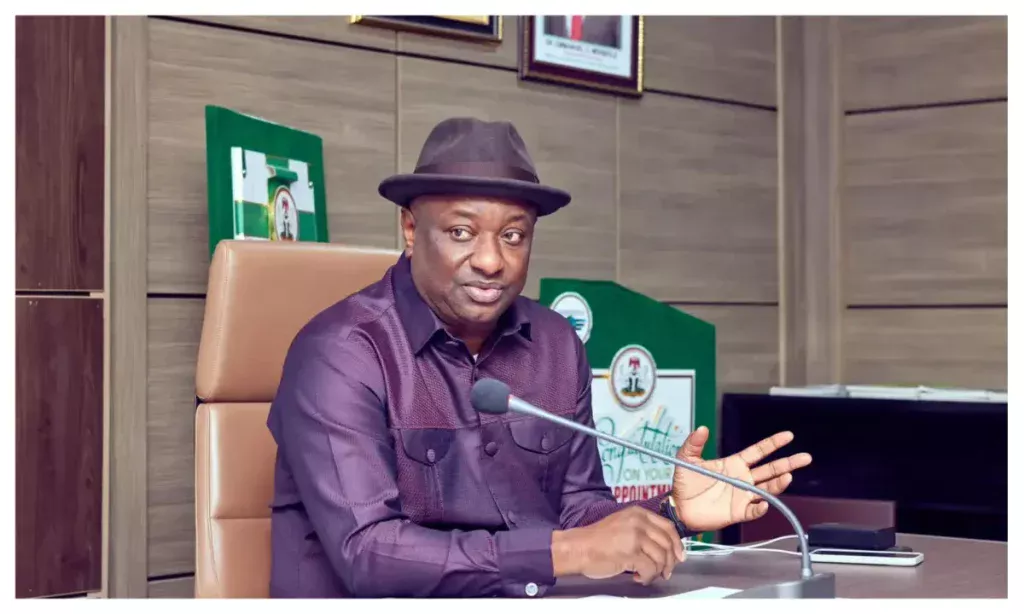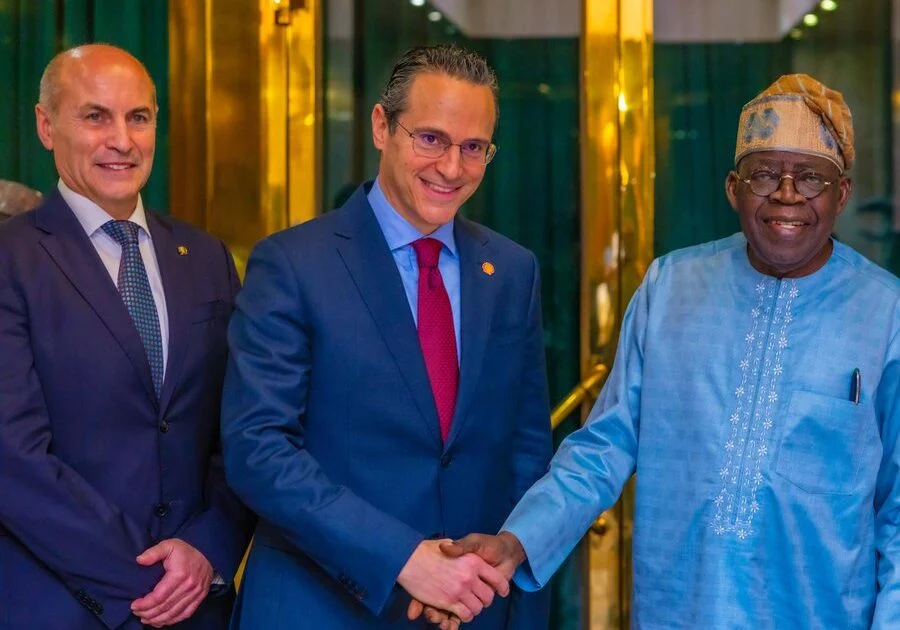South Africa’s history of corruption dates back to the days of Willem Adriaan van der Stel, who ran a corrupt trading monopoly in the Cape Dutch Colony from 1699 to 1707. Since then, whistleblowers have played a crucial role in exposing instances of wrongdoing. Despite the transition to democracy in 1994, public whistleblowing remained rare under apartheid rule. However, with the introduction of a new constitution and laws that reinforced citizens’ rights, the reporting of wrongdoing increased.
The Protected Disclosures Act No. 26 of 2000, amended in 2017, was designed to protect individuals who expose perceived wrongdoing. Nevertheless, South African whistleblowers have faced overwhelming reprisals, ranging from murder to social, work-related, and legal retaliation. A recent study explored the experiences of whistleblowers in South Africa, highlighting the stories of individuals who have made disclosures over the past five decades.
One such case is that of Adam Klein, a prosecutor who refused to prosecute five black men under the pass regulations in 1980. Klein faced immediate retaliation, including arrest, threats, and surveillance. He later made a public disclosure to the Sunday Times newspaper, exposing severe abuses at the Pretoria Bantu Commissioner’s Court. Despite his bravery, Klein passed away in 2011 without recognition.
Other notable cases include Andries Jacobs, who exposed police brutality against migrants in 1998, and Tatolo Setlai, who revealed corruption in South Africa’s prisons in 2001. Both individuals faced significant backlash, including suspension, dismissal, and death threats. The cases of “Stan” and “John,” who provided evidence of state capture during Jacob Zuma’s presidency, also highlight the risks faced by whistleblowers.
Tragically, some whistleblowers have lost their lives as a consequence of their disclosures. Jimmy Mohlala, Moss Phakoe, and Babita Deokaran were all murdered after exposing corruption and wrongdoing. Deokaran’s assassination, in particular, drew nationwide attention, as she had uncovered extensive corruption in the Gauteng Department of Health and was on the brink of making a disclosure related to COVID-19 procurement corruption.
The frequency and severity of retaliation against South African whistleblowers are alarming. The government’s failure to recognize the dire situation and provide adequate protection legislation has exacerbated the problem. While there have been signals of intent to reinforce whistleblower protection legislation, implementation and political will are crucial to ensuring the safety and protection of those who come forward to expose wrongdoing.



